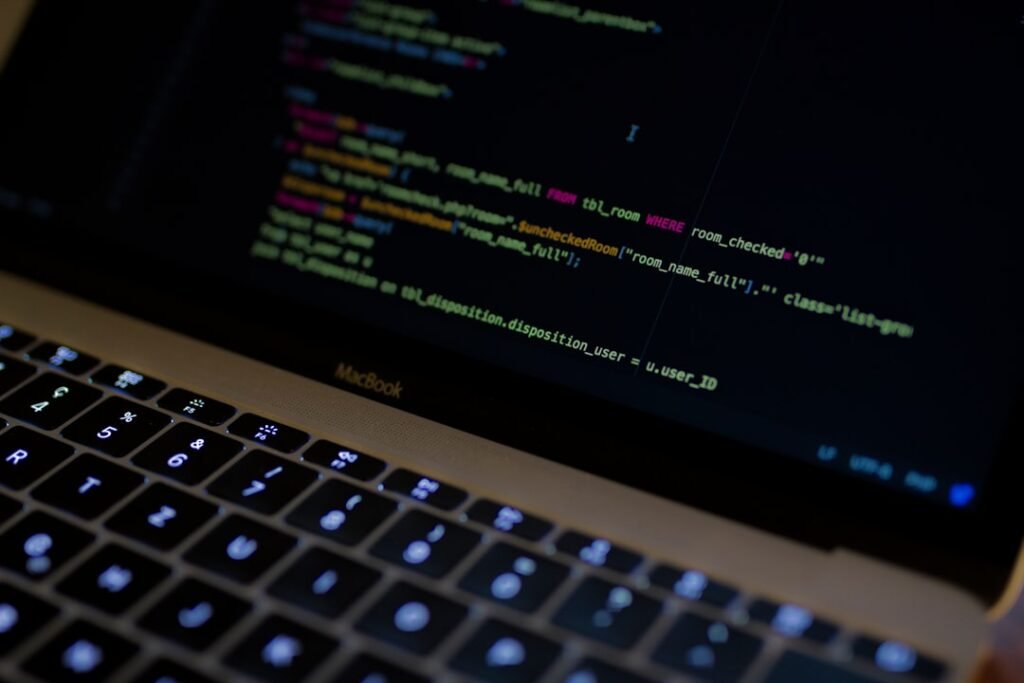Singapore has established itself as a significant global financial hub, renowned for its open market environment, robust legal system, and efficient regulatory architecture. In recent years, with the rapid development of digital assets and blockchain technology, the city-state has also emerged as a key cryptocurrency hub in the Asia-Pacific region, attracting startups, international exchanges, institutional investors, and policymakers.
According to the Independent Reserve Cryptocurrency Index (IRCI) Singapore 2025 report, cryptocurrency awareness in Singapore has reached a historic high: 94% of respondents are familiar with at least one crypto asset, 29% have owned crypto assets, and 68% of crypto investors hold Bitcoin. Furthermore, 53% of stablecoin holders use them for payments and cross-border transfers. A majority (57%) of crypto asset holders believe the industry will achieve mainstream adoption, while 58% of the public call for clearer government regulations.
Unlike many jurisdictions, such as the United States with its state-by-state regulatory variations, Singapore’s cryptocurrency regulatory system is distinguished by its clarity and balance. Although obtaining the necessary licenses and qualifications can be challenging for Web3 companies, this rigorous process has resulted in significantly controlled risks for Singapore’s domestic Web3 sector.
The regulatory and tax framework for crypto assets in Singapore is primarily managed by two authorities: the Monetary Authority of Singapore (MAS) for financial regulation and the Inland Revenue Authority of Singapore (IRAS) for taxation.
MAS, which functions as the central bank and comprehensive financial regulator, oversees the licensing, compliance, and risk control of crypto-asset-related businesses. This includes its regulatory framework for Digital Payment Token Service Providers (DPTSPs) and stablecoins.
IRAS is responsible for tax administration, having published multiple e-Tax Guides that provide clear guidance on the income tax treatment of digital tokens and the Goods and Services Tax (GST) treatment of digital payment tokens. These guides classify tokens into three categories (Payment, Utility, and Security) and detail the tax obligations for various activities including holding, trading, payment, and issuance. IRAS is also leading the implementation of the Crypto-Asset Reporting Framework (CARF) for international tax information exchange.
A cornerstone of Singapore’s appeal is its tax system, which does not levy capital gains tax. The taxation of crypto assets is primarily focused on Income Tax and GST.
Income Tax is based on territorial source principles, meaning only income derived from or received in Singapore is taxable. IRAS’s guidance outlines the tax treatment for transactions involving different token types, including receiving tokens as payment for goods or services, as employment remuneration, using tokens for payment, buying/selling tokens, and proceeds from Initial Coin Offerings (ICOs).
For GST, a significant change took effect on January 1, 2020, making the supply of qualifying Digital Payment Tokens (DPTs) exempt. This move eliminated double taxation and reduced friction for crypto payments and transactions. The guide provides a strict definition of a DPT and clarifies the GST treatment for various business scenarios like mining, intermediation services, and input tax recovery.
This structured and transparent approach positions Singapore as a competitive and mature destination for cryptocurrency innovation and investment.












